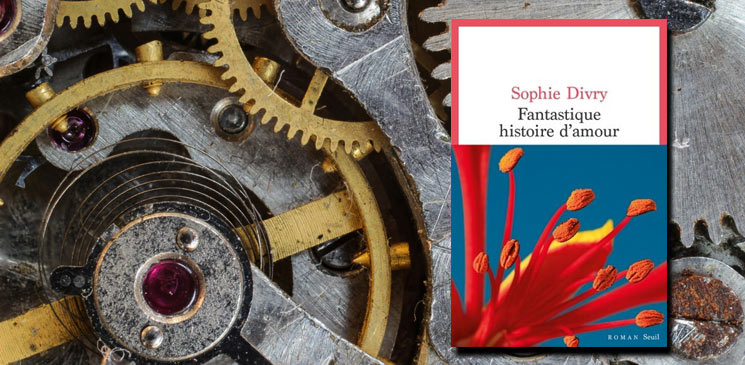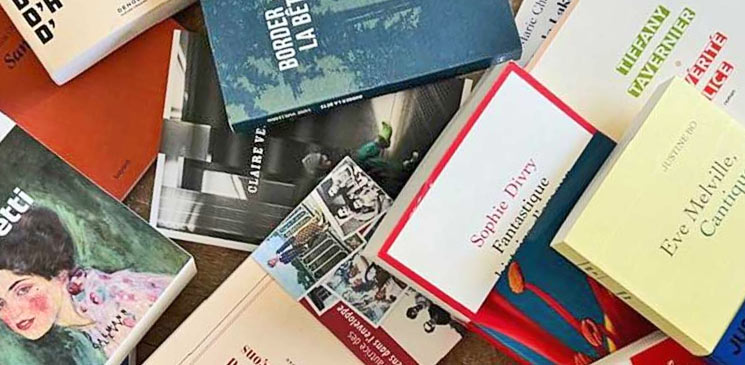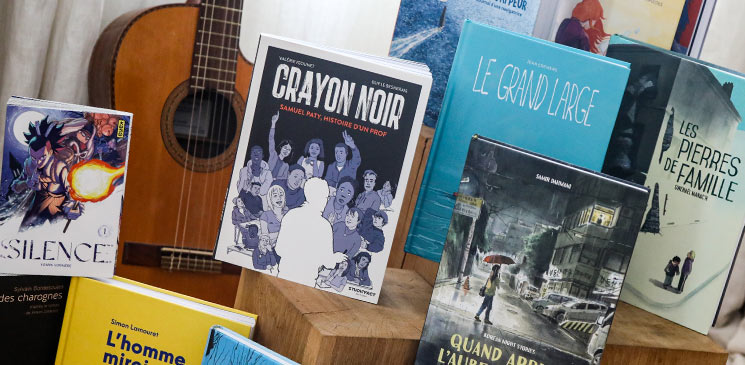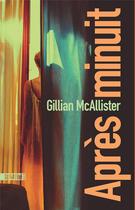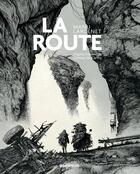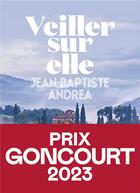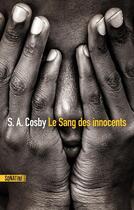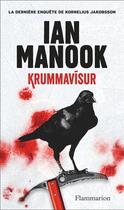-
Nombre de pages : (-)
-
Collection :
(-)
-
Genre :
(-)
-
Thème :
Non attribué
-
Prix littéraire(s) :
(-)
Résumé:
The finest and most penetrating essayist this country has produced this century ... there is not a dull page in this civilized and witty book.' - The Irish Times A third volume of essays - autobiographical, polemical, political, exploratory - by the most distinctive Irish writer of the age, in... Voir plus
The finest and most penetrating essayist this country has produced this century ... there is not a dull page in this civilized and witty book.' - The Irish Times A third volume of essays - autobiographical, polemical, political, exploratory - by the most distinctive Irish writer of the age, in the highest tradition of Swift and Shaw. Hubert Butler's remarkable consistency of vision and clarity of mind make him unique among Irish essayists in reconciling diversity of content with unity of impression. The focus of his writing is local, its force and application universal. Like Chekhov, he is an abiding humanist whose work evinces an unsurpassed moral and spiritual integrity. 'The writer for whom I feel instinctive love - not just for the work, but for the human being who thought and shaped it - is Hubert Butler. ... When the first collection of his articles and columns and lectures was published in 1985 he was 84 years old. But by the time of Butler's death in 1991, readers throughout Europe and America were asking in amazement why he had not been part of their common culture before.' - Neal Ascherson, Independent on Sunday 'A late and luscious windfall. Imagine an impossible combination of Flann O'Brien and Isaiah Berlin. Well, Butler comes close.' - Ferdinand Mount, Spectator 'A humanistic essayist in the tradition of Montaigne, Butler also belongs in the company of George Orwell and the American Dwight Macdonald: political-literary-moral critics for whom we lack a exact word. He was spared writing about everyday politics, but he discussed the tragedy of the twentieth century with exceptional clarity and depth.' - Geoffrey Wheatcroft, Times Literary Supplement
Donner votre avis






